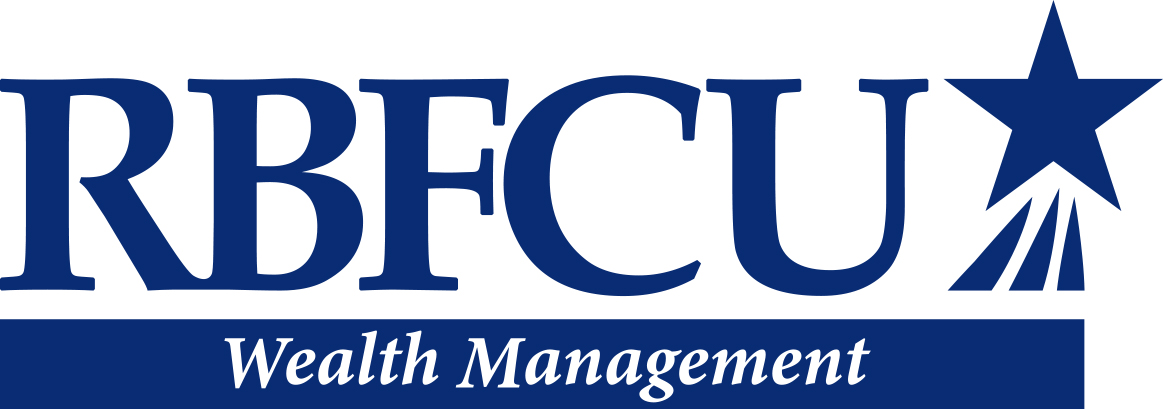Estate Planning Strategies for Affluent Households
Estate planning is crucial for everyone, but it plays an even more important role in preserving and protecting the assets of those with a significant amount of accumulated wealth. Learn how to create and follow a strategy that can help limit tax exposure, optimize the impact of your estate, and protect your legacy.

Many people assume that estate planning boils down to having a will, but that document is only one component of an estate plan. That's especially true for higher net worth families whose assets are more diverse and complex. Without a proper plan, even substantial estates can be eroded by taxes, legal disputes, and unforeseen financial burdens.
Thoughtfully employed estate strategies can help protect your assets and ensure your wealth is passed on efficiently — and, most importantly, according to your wishes. Plus, the benefits of developing a customized estate plan are many, and may help you:
- Understand the full scope of your family’s estate
- Define your short- and long-term financial goals
- Optimize your finances to help you reach those goals
- Leave a legacy for your loved ones and, possibly, beloved charities
What’s in your estate?
Defining the elements of your estate makes it easier for you and your planning team to craft the right strategy for your goals.
In the absence of a plan — or with an incomplete or out-of-date plan — your loved ones might someday be left to track down your accounts and assets, without critical information that only you can provide. That could lead to confusion, conflict, lost wealth and potentially lengthy and costly legal processes.
To get started, determine which of the following might be part of your estate:
- Retirement accounts, such as 401(k)s, IRAs and defined pension plans
- Savings, checking and other accounts held at financial institutions
- Stocks, bonds and other securities
- Life insurance and long-term care policies
- Real estate,1 which typically has its own set of tax and financial implications for heirs
- Antiques, collectibles, artwork, vintage automobiles, jewelry and heirlooms
- Your family’s specific goals for inheritance, charitable donations and other legacy plans
» Insight: If you own a valuable business, you may want to include a detailed business succession plan to prepare for the company’s smooth transfer upon your death or incapacitation. This plan can help preserve the value of your business and potentially lessen disruptions for employees and stakeholders. Whether you aim to sell the business, transfer ownership to family members, or establish a leadership structure for continued operation, a thoughtfully crafted business succession plan can prove invaluable for preserving and protecting your legacy.
What are your estate planning goals?
Estate planning can give you and your family clarity on critical issues that might otherwise be cause for ongoing worry, conflict or doubt, including:
Asset management
An estate plan provides a framework for confidently managing your assets now, to help reduce possible concerns about unintended long-term consequences.
Protection for your dependents
You can make financial and guardianship provisions for your dependent children and other loved ones who may need ongoing support, such as adult children or family members living with a disability.
Reduced stress around eldercare and end-of-life care decisions
If you were to become incapacitated, you likely would not want your family members to be in the too-common position of having to make decisions under pressure about care facilities or treatment plans on your behalf.
By building your estate plan now, you can define your wishes and allocate resources to spare your family from confusion and guesswork. The estate planning process can also make it easier to open conversations about these topics with your loved ones to help avoid potential conflicts among family members about your care.
Continuity planning
You may gain greater peace of mind when you designate trusted people to manage your assets when you can’t. Plus, you may help spare those closest to you from having to scramble to address your finances if you’re ever incapacitated.
Saving time and money
With strategic estate planning, you may manage your tax position to help ensure that your beneficiaries receive as much of your assets as possible. Charitable giving is another way to leave a lasting impact — and it can be a powerful estate planning tool for reducing taxes.
A good plan might also help your beneficiaries avoid a lengthy probate process before receiving the proceeds of your estate. In that case, the estate may be less likely to incur significant costs associated with probate court.
Discretion
Unlike the probate process for unplanned estates, which is a matter of public record, a good estate plan may help keep your assets and their distribution private. This can protect your heirs from unwanted attention and unsolicited contact from individuals who may want to take advantage of their inheritance.
Your legacy
With proper planning, you may not only grace the people you love and causes you care about with a heartfelt gift, but also you may do so in a way that might lessen their respective tax burdens.
» Insight: Estate planning should include structuring your estate to reduce your tax burden. The IRS allows individuals to gift a certain amount annually without triggering gift taxes,2 currently $19,000 per recipient in 2025. Affluent households can take advantage of this by distributing portions of their estate during their lifetime to reduce the size of their taxable estate. Lifetime gifting can also include contributions to college savings plans,3 such as 529 plans, or gifts to family members4 to help cover medical expenses.
What belongs in your estate plan?
To achieve your personal goals, your estate plan may contain several documents addressing financial and health care needs.
On the financial side, a typical plan contains beneficiary designations, a durable power of attorney for managing your estate, your will and — if your estate planning team recommends it — a trust.
Documents relating to your health care5 usually include:
- An advance directive, also known as a “living will”
- A medical power of attorney for the person you choose to make your health care decisions if you’re unable to make them for yourself
- A Health Insurance Portability and Accountability Act (HIPAA) release form,6 which provides your permission for certain people and organizations to have access to your health information
Depending on your legacy goals and types of assets, your planning team may recommend additional documents as well. Your wealth management team can help you identify everything you need for your estate planning package.
» Insight: Life events such as marriages, divorces, the birth of children or grandchildren, or changes in tax laws can impact your estate plan. Regularly reviewing and updating your estate plan can help ensure that it reflects your current wishes and circumstances. For example, failing to update beneficiary designations on life insurance policies or retirement accounts can lead to unintended consequences.
The takeaway
Estate planning is about more than just ensuring your wealth is passed on. It's about protecting what you've worked hard to build and securing your family's future. Affluent households have unique considerations, from estate taxes to asset protection, but with thoughtful strategies in place, you can help ensure that your legacy is preserved and your wealth benefits those you care about most.
Estate planning can be easier with a well-chosen team of professionals who are dedicated to your best interests as you map your financial future. RBFCU Wealth Management provides custom, comprehensive advice and investment portfolio strategies for clients seeking to build, manage, preserve and transition significant wealth and assets. Our wealth management solutions also integrate easily with work already being done by your existing tax and legal teams.




